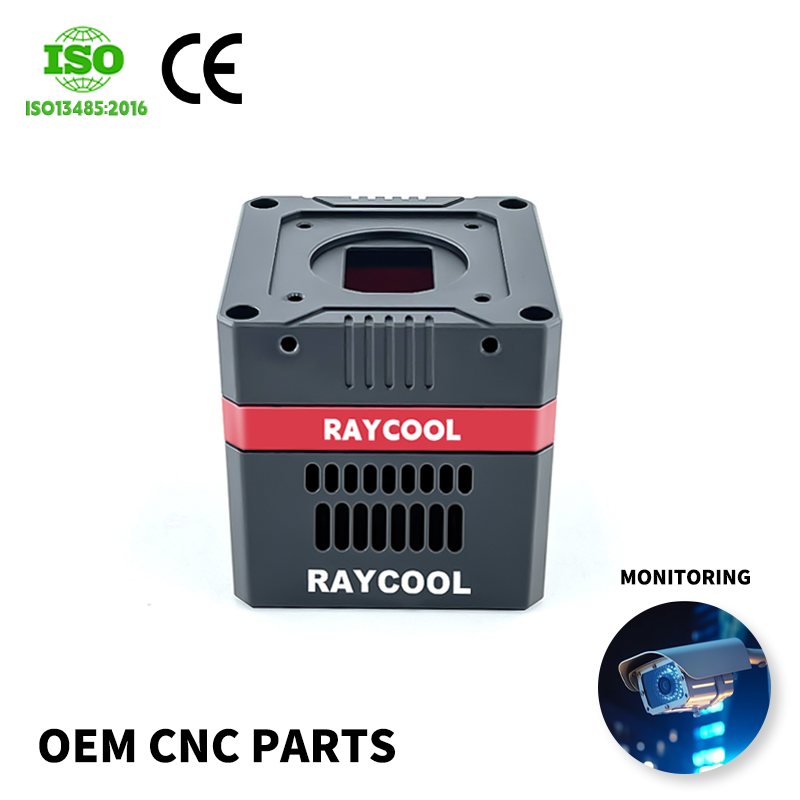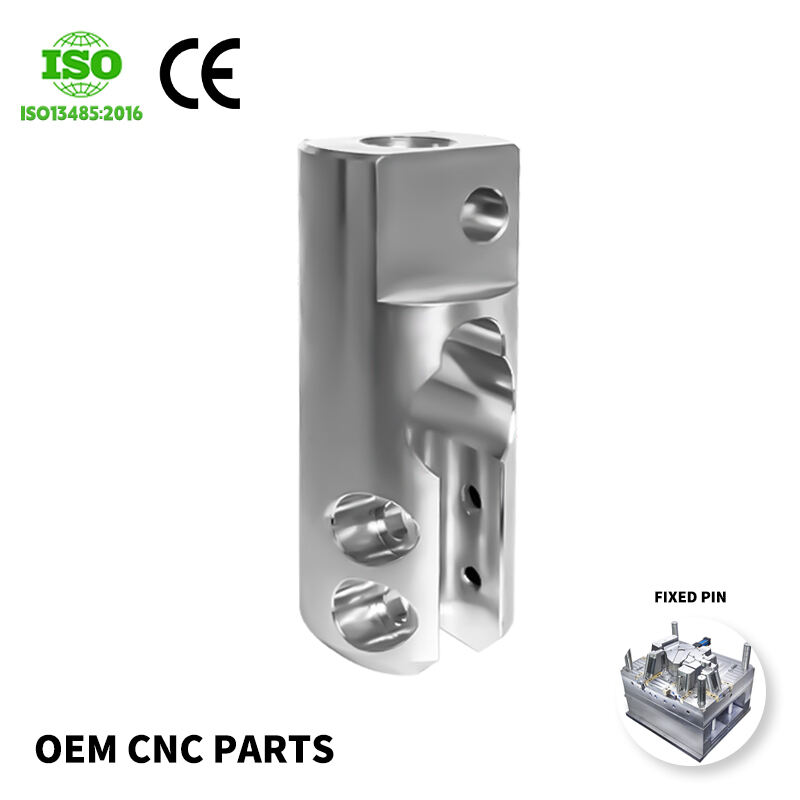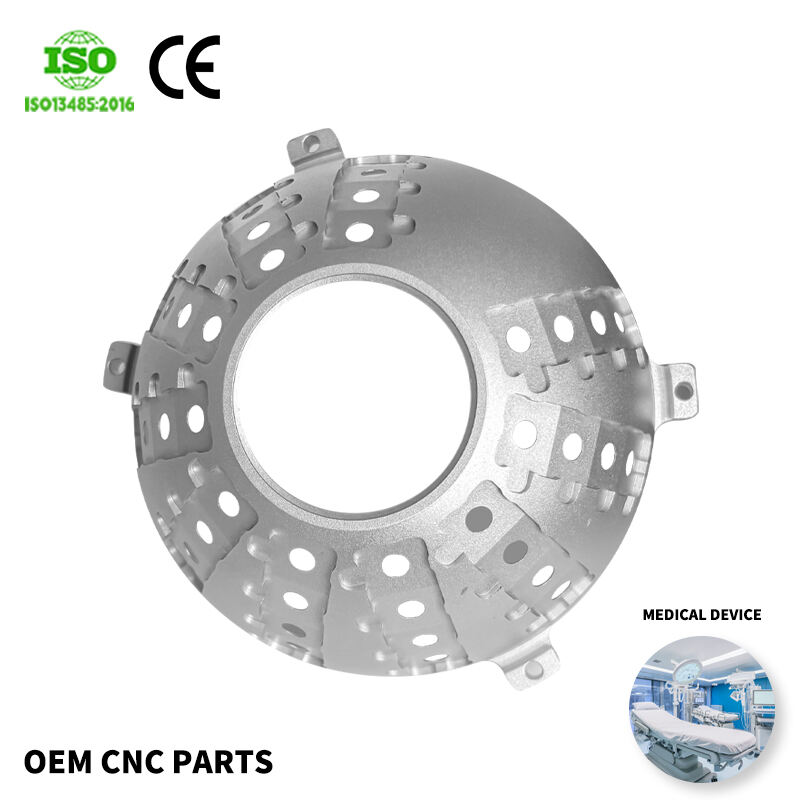cnc parts machining factory
A CNC parts machining factory represents a cutting-edge manufacturing facility that combines precision engineering with advanced automation technology. These facilities utilize computer numerical control (CNC) systems to transform raw materials into high-quality components with exceptional accuracy. The factory houses an array of sophisticated machinery, including multi-axis milling centers, turning centers, and precision grinding equipment, all operated by highly skilled technicians. These facilities excel in producing complex geometries and maintaining tight tolerances, often achieving accuracy levels within microns. The factory's capabilities extend to working with diverse materials, from common metals like aluminum and steel to specialized alloys and plastics. Modern CNC machining factories incorporate advanced quality control systems, automated material handling, and real-time production monitoring to ensure consistent output quality. They typically feature climate-controlled environments to maintain dimensional stability during machining processes. The integration of CAD/CAM software enables seamless transition from design to production, while automated tool management systems and robotic assistance enhance operational efficiency. These facilities serve various industries, including aerospace, automotive, medical device manufacturing, and precision engineering sectors, providing both prototype and high-volume production services.



